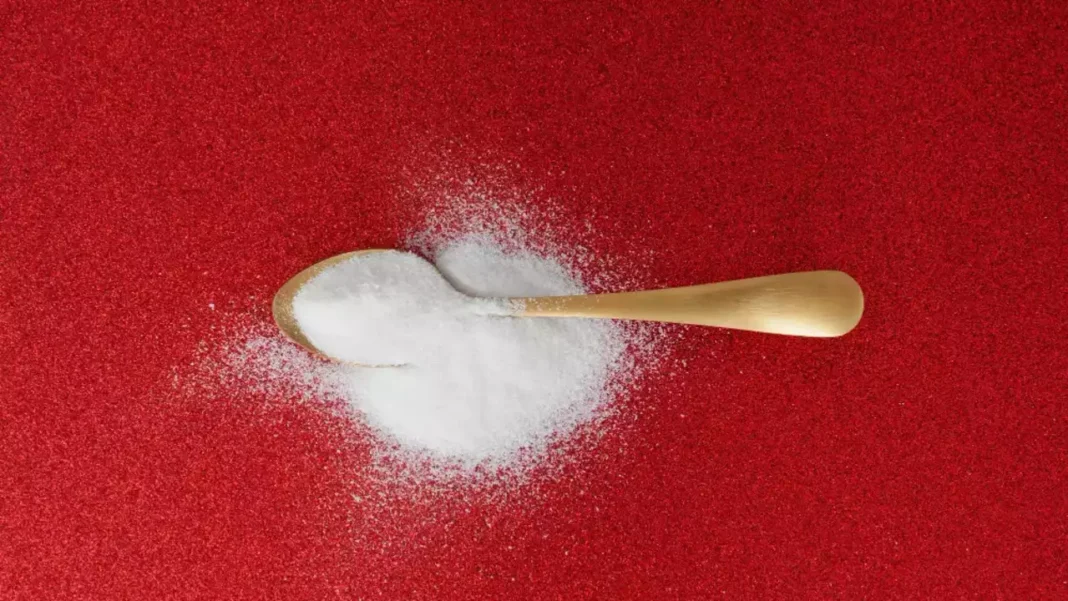Oral rehydration solution (ORS) is a vital electrolyte replacement drink used to prevent and treat dehydration caused by conditions such as diarrhea and vomiting. However, the market is flooded with counterfeit ORS products that may not provide the necessary electrolyte balance, putting consumers at risk. In this article, we discuss how to identify fake ORS and provide tips for ensuring product authenticity to safeguard your health.
Understanding the Importance of ORS:
ORS contains a precise combination of electrolytes, such as sodium, potassium, and chloride, as well as glucose or other sugars, to replenish fluids and electrolytes lost during dehydration. It is a cost-effective and life-saving intervention, particularly in developing countries where diarrheal diseases are prevalent.
Signs of Fake ORS:
Fake ORS products may lack the essential electrolytes or contain harmful substances, posing serious health risks to consumers. Common signs of fake ORS include inconsistencies in packaging, such as misspelled words, blurry printing, or unfamiliar logos. Additionally, suspiciously low prices or unusual packaging sizes should raise concerns about product authenticity.
Checking for Certification:
Authentic ORS products are typically certified by regulatory authorities, such as the World Health Organization (WHO) or national health agencies. Look for certification labels or stamps on the packaging to ensure that the product meets quality and safety standards. Verify the authenticity of certification logos by cross-referencing them with official websites or contacting regulatory agencies directly.
Reading Ingredient Labels:
Carefully examine the ingredient list on ORS packaging to ensure that it contains the necessary electrolytes, sugars, and other additives specified in standard formulations. Avoid products with unfamiliar or unlisted ingredients, as they may indicate counterfeit or substandard formulations.
Purchasing from Reliable Sources:
To minimize the risk of purchasing fake ORS, only buy from reputable pharmacies, healthcare facilities, or trusted retailers. Avoid purchasing ORS from street vendors or unauthorized online sellers, as they may sell counterfeit or expired products that could jeopardize your health.
Reporting Suspected Counterfeits:
If you suspect that you have purchased fake ORS or encountered counterfeit products, report your concerns to local health authorities or regulatory agencies. Providing detailed information about the product, including packaging, expiration dates, and purchase location, can help authorities investigate and take appropriate action to protect public health.
Conclusion:
Fake ORS poses a significant threat to public health, as it may lack the essential ingredients needed to effectively treat dehydration. By learning how to identify counterfeit ORS and taking proactive measures to ensure product authenticity, consumers can protect themselves and their families from potential harm. Remember to always purchase ORS from trusted sources and report any suspected counterfeits to regulatory authorities for investigation. Ensuring access to authentic ORS is essential for combating dehydration and saving lives, especially in regions where diarrheal diseases are prevalent.
Source- News18



